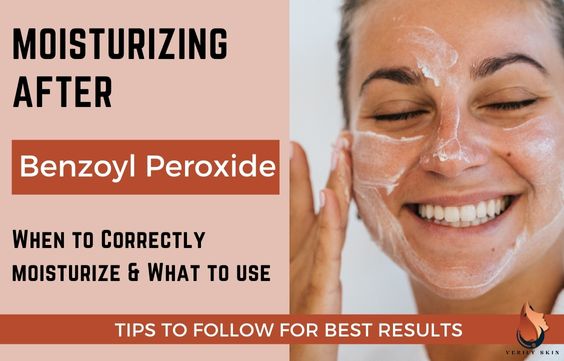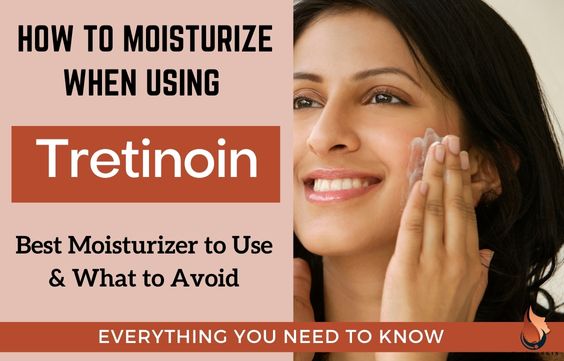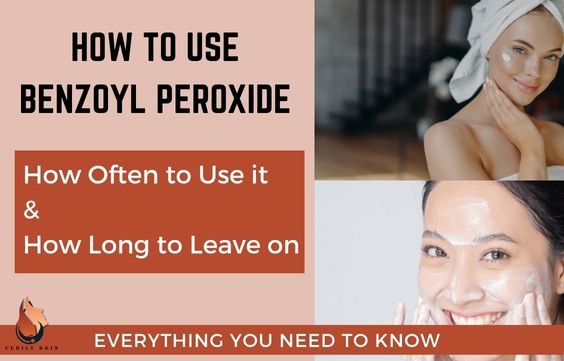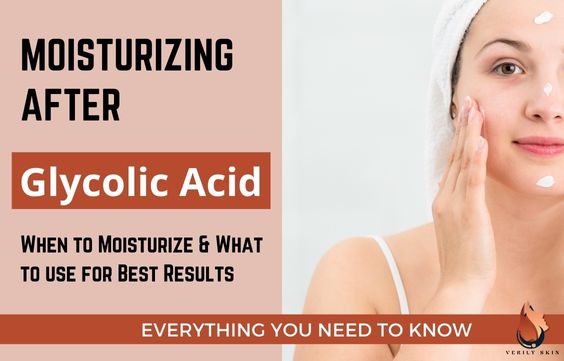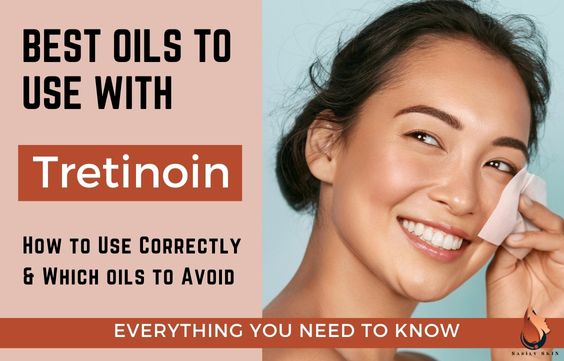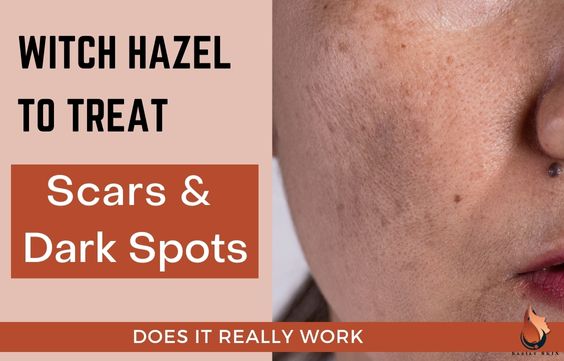Benzoyl Peroxide Allergy: How To Spot & Treat
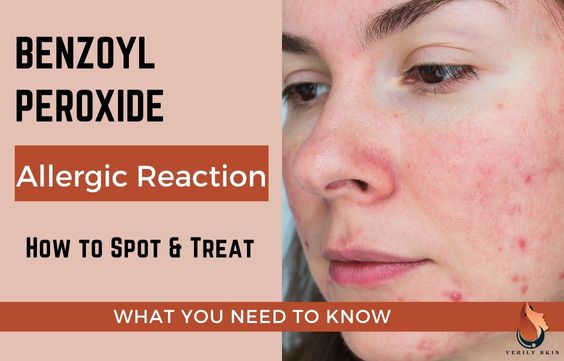
Benzoyl Peroxide allergy is rare, but still a possibility.
While this ingredient is amazing at treating acne, it comes with its own set of side effects, which are usually mentioned on product labels as required by the FDA.
However, what is usually left out is the possibility of an allergic reaction, how to recognize it, and what to do if you’re having a reaction.
What Does A Benzoyl Peroxide Allergy Look Like
An allergic reaction to benzoyl peroxide will most likely present as allergic contact dermatitis.
Allergic contact dermatitis is a reaction that occurs when your skin comes into contact with something (an allergen) that triggers your immune system. If you are allergic to the substance, your immune system will launch a hypersensitivity reaction (allergic reaction).
Signs and symptoms can include:
Hives
These are small, itchy bumps that look like welts on the skin
Severe itching
This is a hallmark symptom of irritation and topical allergic reaction is itching.
Redness
Irritation, and the reaction being mounted in your skin cause it to become red and angry-looking.
Swelling
This swelling usually occurs in the area where you have applied the benzoyl peroxide and is an indication that you should stop using benzoyl peroxide and seek medical attention. However, if you notice that your eyes are swelling, this indicates a medical emergency and you should call 911 right away.
Rash
This rash is not contagious and will usually be in the area where the benzoyl peroxide has been applied. It usually looks red, and scaly. It may also have bumps, welts, or blisters.
If you itch it a lot, the skin may become broken and weep or bleed. This rash usually lasts about 2-3 weeks but will go away as long as you stop using the benzoyl peroxide. You will also need to seek medical attention for its treatment.
Anaphylaxis
If you experience any of the following symptoms, you could be having a more severe reaction to benzoyl peroxide:
- Wheezing
- Tightness in the chest or throat
- Trouble breathing or talking
- Swelling anywhere around the mouth, face, lips, tongue or throat
This is called anaphylaxis and is a medical emergency. Call 911 right away.
It is also important to recognize the difference between an allergic reaction to benzoyl peroxide, regular side effects of benzoyl peroxide and a benzoyl peroxide skin purge.
Check these out to read more about the side effects of benzoyl peroxide and skin purging:
Can Benzoyl Peroxide Make Acne Worse: What To Expect & Do
Benzoyl Peroxide Skin Purge – Everything You Need To Know
How Long Does A Benzoyl Peroxide Allergy Last
How long an allergic reaction to benzoyl peroxide will last will depend on the severity of the reaction and your response.
Mild to moderate symptoms will usually clear up within 24-72 hours after stopping the use of benzoyl peroxide and receiving treatment.
More severe symptoms may take days to weeks to clear up.
If you have a rash, that may take 2-3 weeks to go away depending on how bad it is and how well it is treated.
Did you know that Benzoyl Peroxide can Treat Acne Scars & Dark Spots, click here to learn more
What You Should Do If You Are Having An Allergic Reaction To Benzoyl Peroxide
The first thing that you should do if you are having an allergic reaction to benzoyl peroxide is to stop using it immediately and wash your skin.
If you continue to use this ingredient, your symptoms will get worse and so will the reaction on your skin.
When washing your skin, use water alone or a very mild, unscented wash or soap.
After you have washed your skin, see your dermatologist for treatment.
If you are having symptoms of anaphylaxis call 911 immediately and/or seek medical attention.
Related Articles –
Benzoyl Peroxide Soap: Benefits, Side Effects & Best Ones
Effects of Benzoyl Peroxide on Pores: What You Need to Know
How Can You Confirm That You Are Allergic To Benzoyl Peroxide
If you are not sure whether you are allergic to benzoyl peroxide, do a patch test to see how your skin will react.
This patch test can be done by applying a small amount of the product to a small area of skin for 3 days. If there is no reaction after the three days have passed, you are most likely not allergic to benzoyl peroxide.
Here is an example of how some dermatologists conduct patch tests for allergies:
Mayo Clinic Minute: Patch testing for contact dermatitis
Frequently Asked Questions (FAQs)
Can you become allergic to Benzoyl Peroxide over time?
Allergic reactions may occur suddenly or after months or years of exposure. This can also happen with benzoyl peroxide.
Therefore, it is important to pay attention to your skin and to know how the products in your skincare routine can affect each other and your skin’s sensitivity.
Can you cure a Benzoyl Peroxide allergy?
Allergies cannot be cured, but they can be avoided by staying away from the substances that you are allergic to (in this case, benzoyl peroxide).
If you stop using benzoyl peroxide, your allergy symptoms will go away and should not return for as long as you avoid using it.
How Long To Leave Benzoyl Peroxide On & How Often To Use
Will your allergy go away if you Use Benzoyl Peroxide every day?
Using benzoyl peroxide every day if you are allergic to it will make your symptoms worse and can either damage your skin or progress into a life-threatening reaction.
If you are allergic to benzoyl peroxide you should not keep using it. Instead, try to find an alternative treatment.
Sources:
Benzoyl peroxide: medicine used to treat acne – NHS
Acne Treatments: Severe Allergic Reaction Warnings

